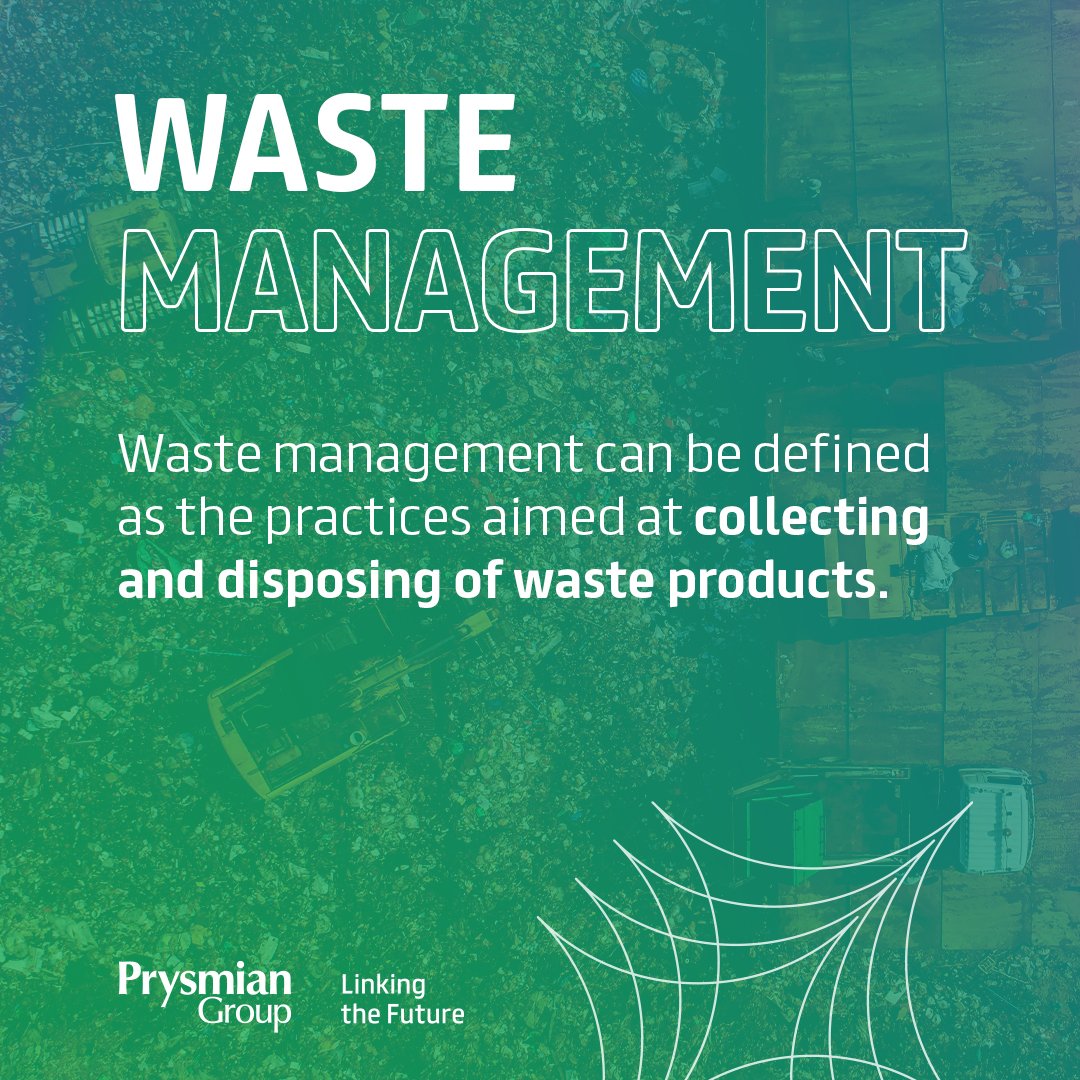Some Known Questions About Reclaim Waste.
Some Known Questions About Reclaim Waste.
Blog Article
Not known Facts About Reclaim Waste
Table of ContentsThe 6-Minute Rule for Reclaim WasteReclaim Waste Fundamentals ExplainedFascination About Reclaim WasteGet This Report on Reclaim WasteSee This Report about Reclaim Waste
Explore the types, events, and kinds of fluid waste. Domestic sewer waste describes the waste and products from a residential sewage-disposal tank. This sort of waste is produced by humans in residences, institutions, and other structures. This only includes sewage-disposal tanks that have a drain area. The appropriate management and disposal of residential sewage waste call for liquid waste to be moved to a sewage therapy plant where the appropriate approaches and devices are related to cleanse and take care of waste.
Industrial waste often includes possible risks, such as combustible materials or a blend of fluid and strong waste products, and needs an extra advanced and in-depth disposal procedure. The disposal of commercial waste normally involves the filtration of waste before transport to ensure risk-free and appropriate disposal. Hazardous waste is created from byproducts and overflow of commercial procedures and manufacturing.
This kind of waste can not utilize the exact same sewer monitoring transport or procedures as septic or commercial liquids. The hazardous waste management process needs the assessment and screening of fluid waste prior to it undertakes the disposal procedure (liquid waste disposal melbourne). Runoff waste is the liquid waste that comes from overflow and excess stormwater in extremely inhabited areas or cities
Overflow waste can cause contamination and flooding if not managed appropriately. Discover more regarding drain cleansing and waste monitoring. Making sure appropriate waste management can prevent disasters and lower ecological harm. Both people in residential settings and professionals in industrial or manufacturing sectors can benefit from understanding the processes and policies of fluid waste monitoring.
Some Known Questions About Reclaim Waste.
Contact PROS Providers today to learn regarding our waste monitoring and disposal solutions and the proper methods to look after the fluid waste you generate.
(https://reclaimwaste1.weebly.com/)This supposed 'wastewater' is not only an essential resource yet, after therapy, will be launched to our land, rivers or the ocean. Made use of water from toilets, showers, bathrooms, kitchen sinks, laundries and commercial processes is understood as wastewater.

water used to cool down machinery or tidy plant and devices). Stormwater, a kind of wastewater, is overflow that moves from agricultural and city areas such as roof coverings, parks, gardens, roadways, paths and rain gutters right into stormwater drains, after rainfall. Stormwater flows unattended directly to regional creeks or rivers, eventually reaching the sea.
The Of Reclaim Waste
In Queensland, a lot of wastewater is dealt with at sewage treatment plants. Wastewater is transported from domestic or industrial sites with a system of sewage systems and pump terminals, referred to as sewerage reticulation, to a sewage treatment plant. Regional federal governments construct, maintain and operate most sewage treatment plants. Operators are certified under the Environmental Management Act 1994 to release cured wastewater at an appropriate ecological criterion right into rivers.
The Department of Natural Resources recommends neighborhood governments about managing, operating and preserving sewerage systems and therapy plants. In unsewered locations, city governments might need householders to install individual or family sewage therapy systems to deal with residential wastewater from bathrooms, cooking areas, bathrooms and washings. The Department of Natural Resources authorizes the usage of household systems when they are confirmed to be efficient.
In some new communities, treatment of some stormwater to get rid of trash, sand and gravel has started utilizing gross pollutant catches. Wastewater treatment occurs in 4 phases: Removes solid matter.
Utilizes little living organisms understands as micro-organisms to damage down and remove staying liquified wastes and great bits. Micro-organisms and wastes are incorporated in the sludge.
The Ultimate Guide To Reclaim Waste
Nutrient removal is not available whatsoever sewage treatment plants because it needs costly specialist tools. It is coming to be more common in Queensland. Clear liquid effluent produced after treatment might still contain disease-causing micro-organisms. If this effluent is released right into rivers such as rivers or the sea, the micro-organisms will at some point pass away out.

Most wastewater moves into the sewage system. Under the Act, regional governments carry out approvals and permits for ecologically relevant tasks (ERAs) entailing wastewater releases that could have a regional impact.
Reclaim Waste for Dummies
Surveillance offers factual info about water top quality and can confirm that permit problems are being met. The information gotten through tracking supplies the basis for making water top quality decisions.
Report this page